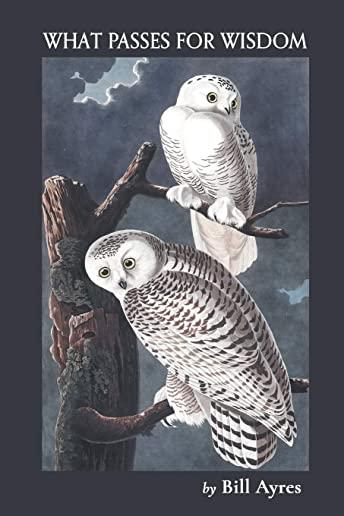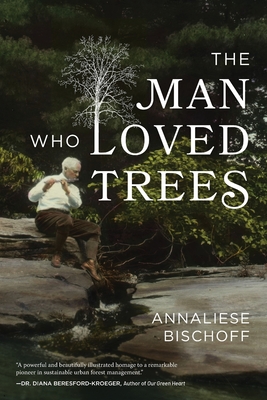
Poems about the relationship between Cleanliness and Godliness, between our bodies and the world, God and creation,
my wife and me. These are love poems.
Beware, Reader, these are not 'poems' in any conventional sense. Instead, free of rhyme and formal patterns, they remind me of Stephen Crane's 'lines, ' as the author of The Red Badge of Courage referred to his own unconventional verse. So be prepared. In the four titled sections of this little book, your curiosity will be tested, your sense of humor teased, and your unwitting acceptance of the conventional awakened. That is, in your search for What Passes for Wisdom, you'll be introduced to a unique voice, one you won't hear in greeting-card poetry. There's both wit and wisdom along the way.
-Bruce Guernsey, Distinguished Professor Emeritus at Eastern Illinois University, recipient of fellowships from the NEA, the MacDowell Colony and the Illinois Arts Council, Fulbright Senior Lecturer in American Poetry, whose latest book is From Rain: Poems 1970-2010.
In Ayres' debut collection, he delights, entices, and wryly works his words to weave parable and proverb, folklore and fable, persona and confession. With such humor, deftness, and surety of voice, his is the wisdom of a writer who has long practiced the careful craft of these poems. Both timely and timeless Ayres reminds us how discerning treasure from trash is dependent only on our hunger. In these poems is the "rain trembling the leaves of tomato plants" or "words that will be fingertips/massaging the base of your skull." These poems are indeed blessings to be savored, flowers to be found.
-Kindra McDonald, author of In the Meat Years, (Kelsay Books) and Fossils (Finishing Line Press)
These poems glow with wit and humor. Bill Ayres' work delights readers, and the poems in this book ultimately build a home for the heart.
-Vivian Teter, author of Breath Enough
A collection of short, precise poems, Bill Ayre' What Passes for Wisdom offers us a look into ideas, people, and situations that move beyond our preconceived notions to a freshness not often found on the page. Ayres inhabits the mind of our skin and skeleton, the air we breathe, and even a stone thrown through a window pane and creates parables that transform the reader.
-Michael Jon Khandelwal, Executive Director, The Muse Writers Center (Norfolk, VA)







